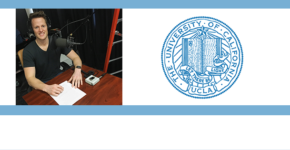Tag: Health
-
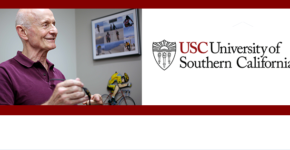
Arie Kapteyn, University of Southern California – Americans Activity Levels
Americans are not very good at determining how active they are. Arie Kapteyn, research professor of economics at the University of Southern California, explores why. Arie Kapteyn is a Professor of Economics at the University of Southern California Dornsife College of Letters Arts and Sciences and Executive Director of the Center for Economic and Social…
-
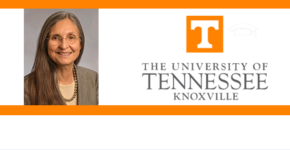
Helen Baghdoyan, University of Tennessee – Treating Opioid Addiction
What is the best way to treat opioid addiction? Helen Baghdoyan, professor in the department of anesthesiology at the University of Tennessee, looks into this question. Helen A. Baghdoyan is a Beaman Professor at The University of Tennessee in Knoxville where she serves as Professor of Psychology and Professor of Anesthesiology at the University of…
-
Kristin Brethel-Haurwitz, University of Pennsylvania – Altruism and Kidney Donation
Why are some more altruistic than others? Kristin Brethel-Haurwitz, postdoctoral researcher at the University of Pennsylvania, digs into the brain to find the answer. Kristin completed her Ph.D. in psychology at Georgetown University. She previously received a B.S. in biopsychology from Tufts University and worked as a Clinical Research Coordinator at Massachusetts General Hospital. Her…
-

Chelsey Kivland, Dartmouth College – Climate Change and Health Care
Gaps in healthcare access for vulnerable populations are closing around the globe. Chelsey Kivland, assistant professor of anthropology at Dartmouth College, examines how climate change could bust them back open. As a cultural anthropologist, I strive to understand how and why people find meaning in power and conflict. I am fascinated by the way power…
-
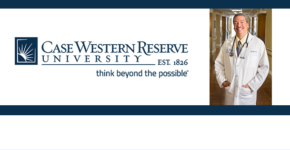
Greg Hall, Case Western Reserve University – Tattoo Regret and Health Issues
Tattoos are common, but also pose a health risk. Greg Hall, assistant clinical professor at Case Western Reserve University, determines how toxic getting inked can be. Dr Greg Hall, is a primary care physician practicing in Cleveland, Ohio for over 20 years. A product of Cleveland public schools, he attended Williams College and majored in…
-

Jessica Young, American University – Where You Live Matters for Your Health
Shared economic prosperity has not found its way into certain states and communities. Jessica Young, assistant professor in the department of health studies at American University, describes the problems that arise when not everyone benefits from a booming economy. Jessica Young is an Assistant Professor in the Department of Health Studies at American University. Her…
-

Margaret Sibley, Florida International University – ADHD in Adults
Can ADHD start in adulthood? Margaret Sibley, associate professor in the department of psychiatry and behavioral health at Florida International University, delves into diagnosing adults. Dr Sibley’s research addresses the need to develop and disseminate age-appropriate and feasible psychosocial interventions for adolescents with Attention-Deficit/Hyperactivity Disorder (ADHD). She and her colleagues currently conduct two federally-funded clinical…
-
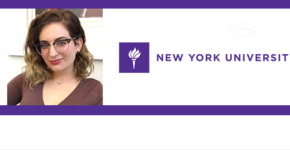
Monica Lewin, New York University – Blocking the Effects of Fetal Alcohol Syndrome
On this Student Spotlight: Is there help on the way for those affected by fetal alcohol syndrome? Monica Lewin, PhD candidate in Neuroscience at New York University, examines how a drug to treat bipolar disease could have a positive side effect. Monica Lewin is a PhD candidate in Neuroscience at New York University. Her research…

